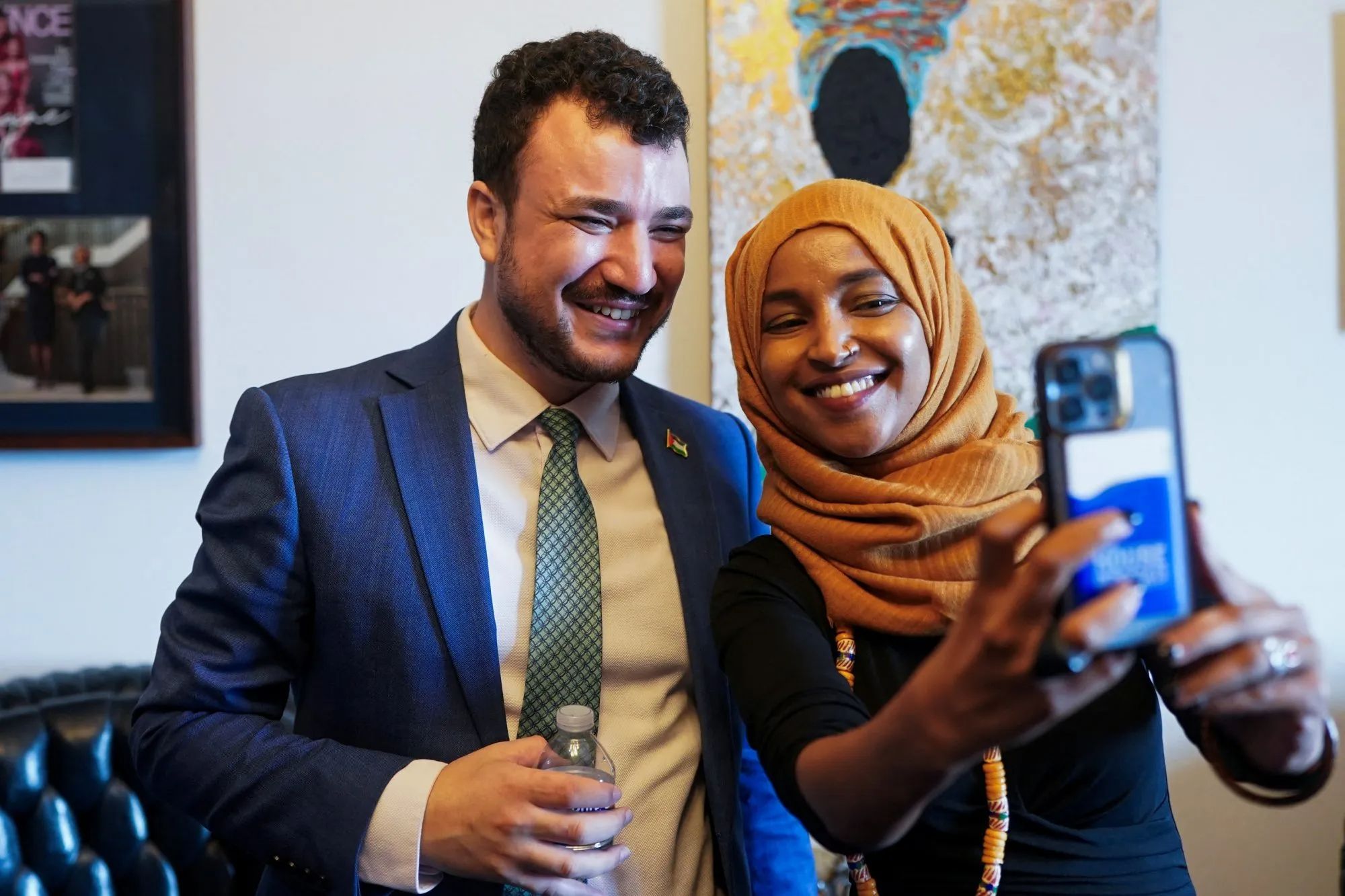URGENT UPDATE: Syrian-born activist Mahmoud Khalil has declined to condemn Hamas as a terrorist organization, sparking immediate backlash and support from several Democratic lawmakers. During a recent appearance, Khalil was asked to specifically denounce Hamas, which he refused, instead criticizing Israel for the humanitarian crisis faced by Palestinians in Gaza.
Khalil’s comments came after the devastating events of October 7, when Hamas launched a surprise attack, resulting in extensive casualties. In response to calls for condemnation, he stated, “It’s disingenuous to ask about condemning Hamas while Palestinians are the ones being starved now by Israel.” His refusal to directly label Hamas a terrorist group has drawn sharp criticism from various quarters, including the Trump administration that previously detained him on accusations of sympathizing with the organization.
Despite the controversy, Khalil has garnered support from prominent figures, including Senator Bernie Sanders and Representatives Rashida Tlaib, Ilhan Omar, Summer Lee, Troy Carter, and Jim McGovern. These lawmakers welcomed him to Capitol Hill amidst his claims of martyrdom in the anti-Trump resistance movement.
Critics argue that Khalil’s narrative downplays the actions of Hamas, which has been accused of hijacking international aid intended for civilians in Gaza. Khalil’s vague statements about civilian casualties, including a false claim about 260 Palestinians killed by Israel before the October 7 attacks, have further fueled the debate over his credibility.
Khalil’s visit has raised alarm among those who believe his views pose a threat to U.S. foreign policy and national security. As the situation in the Middle East continues to escalate, the implications of Khalil’s stance may resonate beyond political circles, impacting public perception of U.S. involvement in the region.
WHAT’S NEXT: As Democratic leaders continue to express their support for Khalil, scrutiny is likely to increase regarding their associations with individuals perceived as sympathizers of terrorist organizations. Observers are urged to closely monitor how this evolving narrative will affect Democratic strategies and foreign policy discussions moving forward.
With tensions rising, the urgency for clear communication and condemnation of violence from all parties involved is more critical than ever. As this story develops, the ramifications of Khalil’s stance and the Democratic response will be pivotal in shaping public discourse surrounding U.S. foreign policy and the ongoing conflict in Gaza.







































































